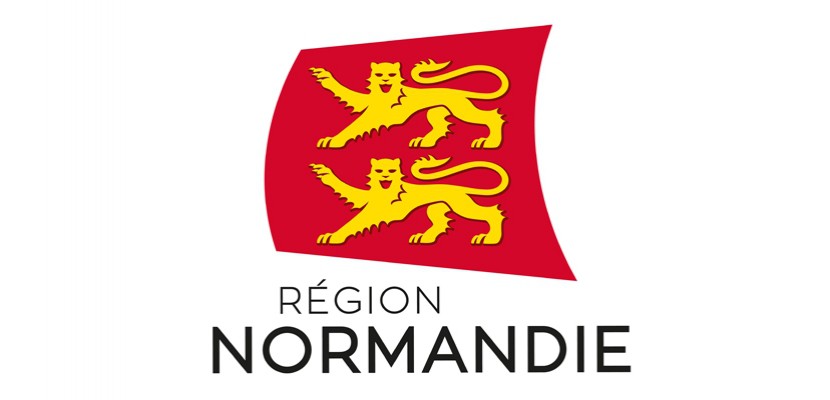
PV²

2023 - 2024 : Emerging single-partner project for the capture, storage and restitution of (passive) solar energy using a ventilated glass wall combined with a storage wall.
In 2018, the European Parliament legislated to improve the target for reducing national greenhouse gas emissions, aiming for a reduction of at least 40% by 2030. It is estimated that over 40% of final energy in the EU is used in buildings, accounting for 36% of total carbon dioxide (CO2) emissions.
Currently, buildings' heating, ventilation and air conditioning (HVAC) systems account for around half of their energy consumption. The use of locally available renewable energy sources is therefore seen as an important measure for reducing energy consumption in buildings.
When designing a building for thermal efficiency, the main focus has always been on reducing heating requirements. But with summers getting hotter and heatwaves lasting longer, it's becoming essential to design buildings with high thermal performance, adapted not only to winter conditions but also to extreme heat. This is why summer comfort has become an important focus for the RE2020. Domestic hot water (DHW) production is also one of the main categories of energy consumption. The use of solar water heaters that make the most of the sun's free energy can help reduce this energy expense.
In this context, various suggestions for active or adaptive multifunctional envelope walls are currently being developed. They are attracting a great deal of interest because of their remarkable energy efficiency. Their characteristics depend not only on climatic conditions, but also on the building itself, to ensure the comfort of its occupants.
Project objectives
The aim of this study is to assess the thermal energy performance of the ventilated solar facade studied over one year and under various climatic conditions when integrated into the building envelope. The aim is to develop a suitable numerical model that can be integrated into a building energy simulation code. This model will be used to optimize the performance of this façade.
Funders
This project is fully financed by the Normandy region as part of the smart specialization strategy (S3) of the FEDER-FSE/IEJ Normandie 2021-2027 Regional Operational Program.
The Region is supporting the project over an 18-month period, to the tune of 108,000 euros.